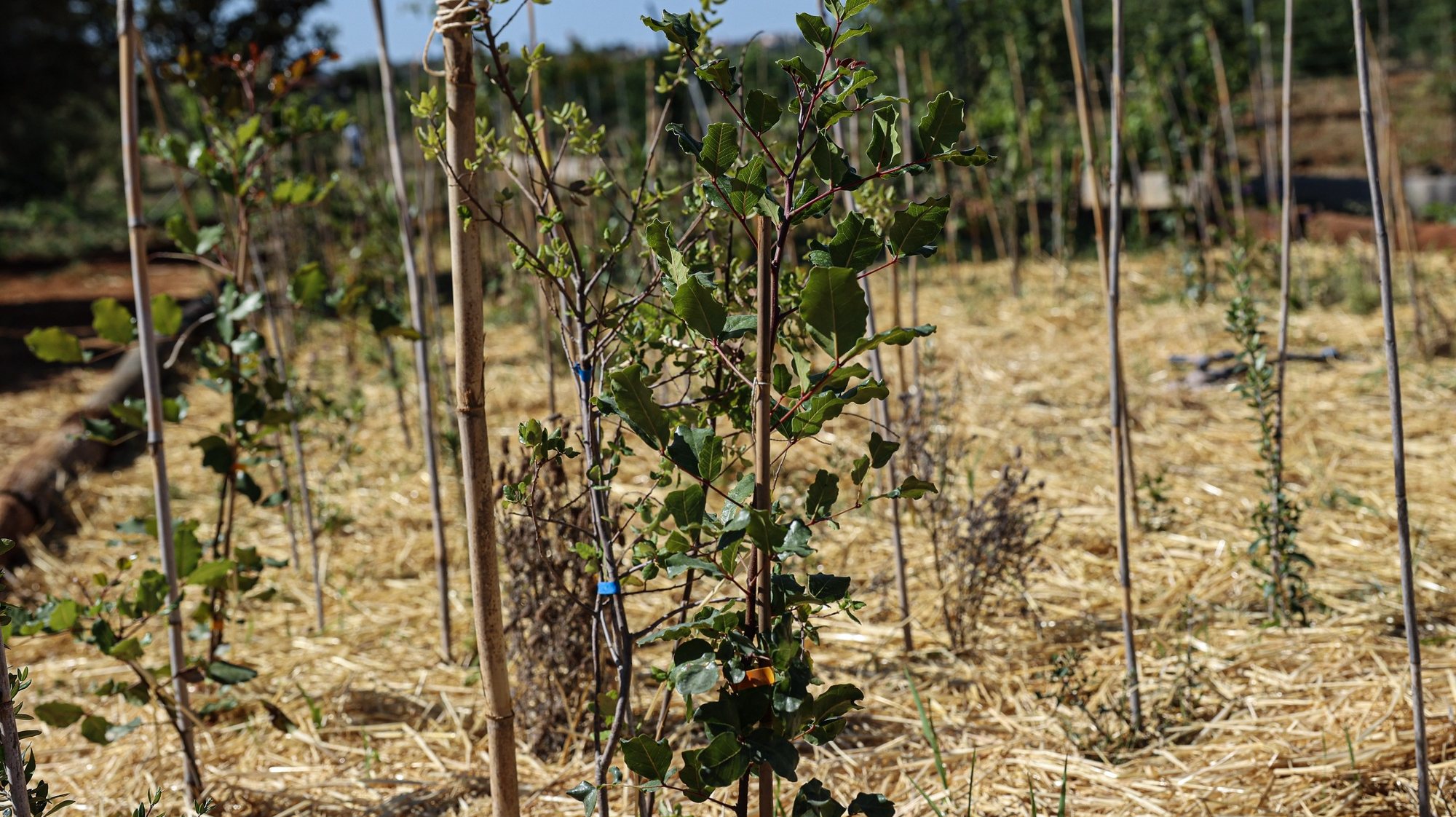The Zero environmental association wants Portugal to be exemplary in complying with European and national policies and leaves five challenges, from the purchase of public land for nature conservation to a cooperative for the conservation of the marine environment.
In a statement on the occasion of the International Day of Biodiversity, which is celebrated this Monday, Zero presents five challenges, “complex but achievable”to accelerate the preservation of biodiversity and ecosystems in Portugal.
The first is the approval of the National Registry of Classified Natural Securities and the implementation of action plans for endangered species.
The registry, remember, is provided for in the Legal Regime for the Conservation of Nature and Biodiversity, but it has been pending regulation for 13 years. It will allow “conferring legal protection to all species in danger of extinction that occur inside and outside of classified areas, since environmental crimes punishable by law are foreseen.”
As a second challenge, Zero proposes the definition and implementation of a strategy for the renaturation of large areas of the national territory, which is already “a reality throughout Europe” as a form of nature conservation and landscape management.
For this, he stresses, it is necessary for political decision-makers to stop confronting the territory mainly as spaces for the extraction of natural resources and the production of energy.
It is an “effective approach in the recovery of complex systems, in addition to being less expensive and guaranteeing better results for the conservation of biodiversity in the long term, in a context of great demand in the European Union,” the statement read. .
Third, Zero suggested a plan for the acquisition of public land for the conservation of nature, which would be executed through the Environmental Fund. This mechanism would have a specific amount each year for the State to buy land of interest for conservation, so that “year after year the public area dedicated to the preservation of endangered species increases.”
Zero complains that only “a tiny part of the property” belongs to the State, “remaining almost entirely in private hands”, which “greatly limits the intervention and definition of actions aimed at the conservation of endangered species.” ”.
As a fourth challenge, you are asked to allocation of national and community financial means with well-defined prioritiestaking into account that “never has public policy had so many financial resources available for the conservation of nature”.
Regarding the funds from the European Union that will be managed at the regional level, investments of 206 million are expected from the European Regional Development Fund (ERDF), which “corresponds to 2.6% of the total community funds with application to a large scale”. . regional”.
“However, for Zero there are many concerns about how these precious resources will be spent, since the existing guidelines for the allocation of funds are very vague,” says the association, which is why it advocates a public consultation on the subject.
Finally, the association defends the creation of a cooperative of public interest to promote the conservation of the marine environmenttaking into account that the preservation of 30% of the marine area, stipulated by the EU Strategy for Biodiversity 2030, is the task with the “highest degree of difficulty”.
The idea is to “create a body that brings together interested public and private entities, with the objectives of studying, managing and monitoring a network of classified marine areas, in the form of a cooperative of public interest.”
The five challenges are presented this Monday because, the association explains, just these days the preservation of biodiversity and ecosystems “deserves the attention of policy makers.”
Zero argues that “Portugal should set an example by complying with European and national policies already defined in this matter”, from the EU Strategy for Biodiversity 2030 to the National Strategy for the Conservation of Nature and Biodiversity, and allocate the necessary means and resources to these measures.
“Unfortunately this is not what is happening,” he concludes.
Source: Observadora
